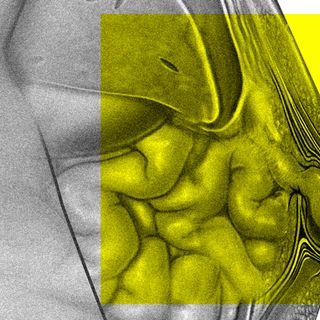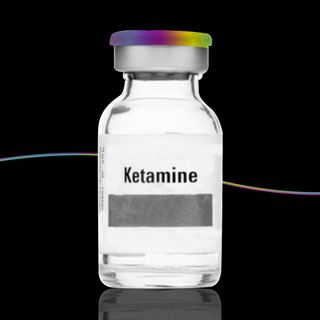Researchers at the University of California San Diego School of Medicine, in collaboration with Dutch scientists, have found that certain metabolites — small molecules produced by cellular activity — appear to predict the risk of recurring depression and may be a new diagnostic tool.
“It’s a small study, but it is the first to show the potential of using metabolic markers as predictive clinical indicators of patients at greatest risk — and lower risk — for recurring bouts of major depressive symptoms,” said senior author Dr. Robert K. Naviaux, M.D., Ph.D., a professor of medicine, pediatrics, and pathology at the UC San Diego School of Medicine in the U.S.
Recurrent Major Depressive Disorder (rMDD) — commonly known as clinical depression — is a disorder characterized by multiple symptoms in combination: feelings of sadness or hopelessness, anger or frustration, loss of interest, sleep disturbances, anxiety, difficulties with thinking, suicidal thoughts, and unexplained physical problems such as back pain or headaches.
For this study, Naviaux and colleagues recruited 68 subjects (45 female, 23 male) with recurring MDD who were in antidepressant-free remission as well as 59 age- and sex-matched controls. After collecting blood from patients who were in remission, the patients were followed prospectively for two-and-a-half years.
The study, published in the science journal Translational Psychiatry on January 11, revealed that a metabolic signature found when patients were healthy could predict, with more than 90% accuracy, which patients were most likely to relapse up to two-and-a-half years in the future. It found that in patients with recurrent MDD, changes in specific metabolites in six identified metabolic pathways — series of reactions occurring within a cell — resulted in fundamental alterations of important cellular activities.
Analysis of the most predictive metabolites found they belong to certain kinds of fats and purines — compounds made of molecules that aren’t just used for energy storage in cells, but also play a role in communications used by cells under stress. “The findings revealed an underlying biochemical signature in remitted rMDD that set diagnosed patients apart from healthy controls,” added Naviaux.
While the initial findings of the study require further validation in a larger study, Naviaux theorizes that the use of metabolomics — the biological study of metabolites — could be a new tool for predicting which patients are most vulnerable to a recurrence of depressive symptoms.




